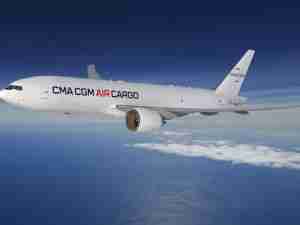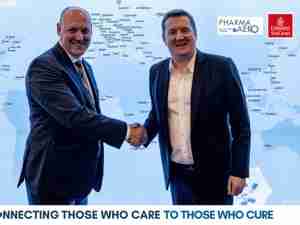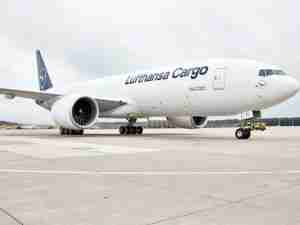Industry sources said a WTO panel would circulate a confidential ruling to the parties in the U.S. case against aid for Airbus planes built by EADS by the end of March.
But the decision by no means marks the end of the dispute affecting a market which Airbus and its U.S. rival Boeing estimate will be worth over $3 trillion over the next 20 years.
The WTO panel has already said it will publish the 1,000-page report, following translation, by the end of April.
But the sources said that published version would not contain any changes from the ruling expected next week.
"It will be the panel's final conclusions," one source said.
The report will come in the middle of another Transatlantic row over aircraft, in this case military, after EADS and its U.S. partner Northrop Grumman quit the $50-billion U.S. competition for an airforce tanker, leaving the field open to Boeing.
As with an interim confidential report in the case circulated last September, both sides will want to put the best spin on the ruling as it leaks out to influence developments in the market as the dispute works its way through the WTO.
The United States has a tactical advantage here as a countersuit launched by the EU against support for Boeing civilian aircraft is running through the WTO some three-six months behind the Airbus case.
The United States is hoping that the WTO panel will declare some $4 billion in aid for the Airbus A380 illegal in a way that would also block some $5 billion in support for the European group's new A350.
Washington says Airbus received a $205 billion boost from advantageous loans from France, Germany, Spain and Britain over two decades, giving it an unfair edge.
Sources familiar with September's report, which has been largely kept under wraps, said at the time that the WTO found that loans from European governments to Airbus were unfair subsidies and in some cases violated tougher rules on export aid, but also rejected some U.S. complaints.
Once the ruling is published the EU will have 30 days to appeal, which it is certain to do.
In the case of prohibited subsidies, such as export aid, the WTO's appellate body must rule within 60 days, against a 90-day deadline for other "actionable" subsidies that are not prohibited as such but cause unfair harm to a competitor.
The EU would be obliged to comply with an appeal ruling even if its case against Boeing is still in litigation.
U.S. and Boeing officials have rejected any linkage between the two cases, although many industry experts believe the dispute will have to be resolved by negotiation once the WTO has ruled definitively on both of them.
The first interim confidential ruling in the case against Boeing aid is likely in June or July, so that with appeal a final decision may come well into 2011.
By coincidence U.S. Trade Representative Ron Kirk will be in Brussels next week on his way back from trade talks in Egypt and may be in town when the ruling is circulated. (Reuters)











